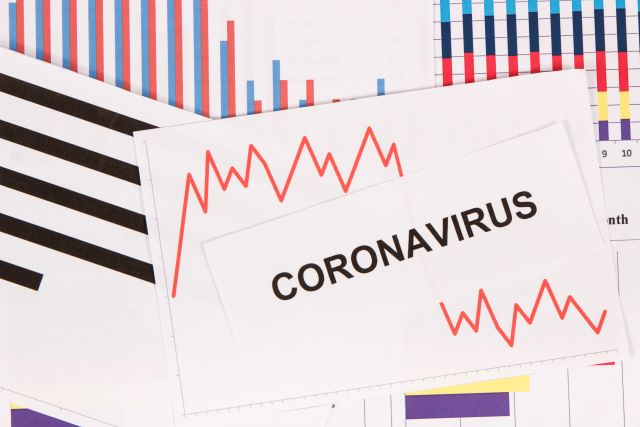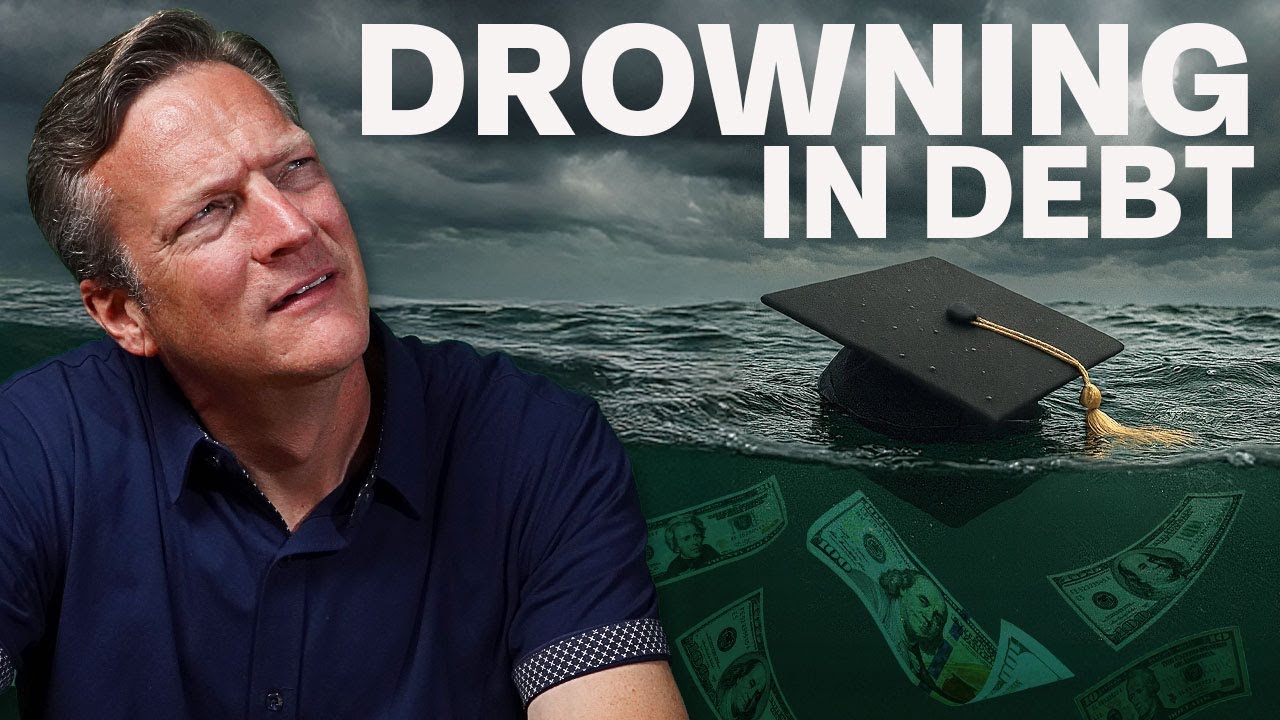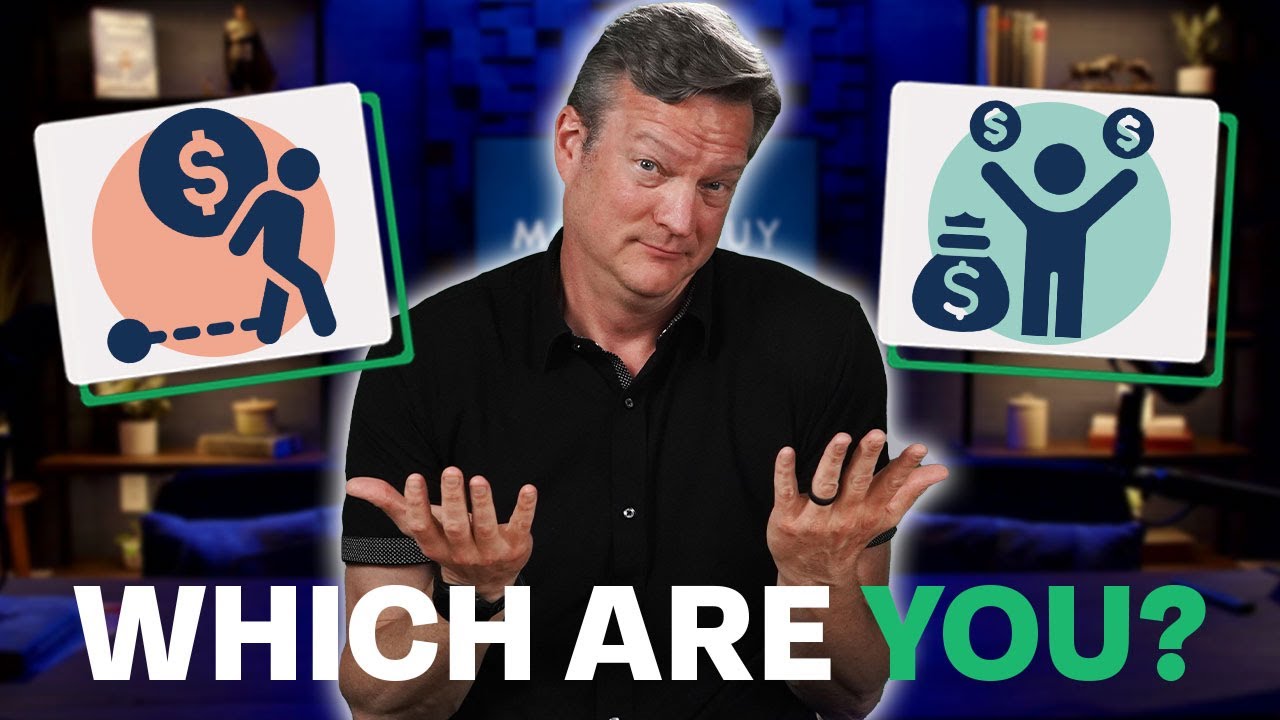
There are some obvious financial dangers you could face during this pandemic, like the danger of losing your job and being unable to afford the basics. We think there are also some other less obvious financial pitfalls you could experience during the pandemic. Whether or not you’ve lost your job or are severely impacted by the pandemic, make sure to avoid these pandemic pitfalls.
Payday loans.
Payday lenders are targeting consumers financially hurting from coronavirus. Americans that recently lost their job or are experiencing a loss of income are more likely to need the type of quick cash that a payday lender can provide. If you are in need of financial assistance, explore other avenues before you consider borrowing money. You may be able to make money in other ways, like picking up a side hustle or selling some of your stuff, or cut back on expenses to make ends meet. Some payday loans are hard to spot and masquerade as legitimate financial aid; some payday lenders offer assistance with rent, for example, but charge exorbitant interest rates.
Not saving for retirement.
Dire financial circumstances may force you to decrease your savings rate, but it’s important to keep contributing to your retirement accounts, even if you are forced to cut back some. When the stock market is down, invested dollars become that much more powerful. One of the last things you want to do is stop investing in your future. As we often say on the show, the younger you are, the more powerful your dollars. If you have the discipline to consistently save and invest even when the market is experiencing volatility, your future self will thank you.
Racking up debt.
If you aren’t making the same amount of money you were a year ago or even a few months ago, it’s easy to fall into the trap of high-interest debt. If you are having trouble paying the bills every month, look for ways you can cut back and stay afloat instead of going into debt; it may be time to downsize your life. Going into debt, especially high-interest debt like credit card debt, can happen in an instant and take years to pay off. At a minimum, you need to make sure you have enough saved to cover your deductibles. If your car breaks down or you have unexpected medical expenses, you don’t have to go into credit card debt to pay for it. Appropriate cash reserves are there to protect you from life’s unexpected events, like job loss, auto accidents, and medical emergencies. An adequate emergency fund is designed to keep you out of debt.
Prioritizing your kids’ education.
Paying for your kids’ college or private school education is a worthy and noble goal, but you need to make sure you have your Financial Order of Operations right before thinking about paying for school. Your child may be eligible for scholarships, federal aid, or other financial aid to pay for college. If they do need to take out loans to pay for college, they’ll still have decades of compounding growth ahead of them by the time their loans are paid off. There are no retiree loans if you don’t save enough for retirement. Make sure you have your own financial future in order before worrying about the financial future of your children.
Paying off your mortgage.
How can paying off debt be a mistake? Although shedding debt is a good thing, it may not be financially optimal to pay off your mortgage early. Make sure your dollars aren’t best deployed elsewhere, like in an emergency fund or in a retirement account, and follow the Financial Order of Operations. If you are younger with decades of compounding growth ahead of you, it may not make sense to prioritize paying off your house over other financial goals like saving for retirement. On the other hand, if you’re older and nearing retirement, you might want to make sure your house is paid off before you retire.
Not implementing appropriate risk management.
If you haven’t reviewed your insurance policies in a few years, it’s always a good idea to review your coverages and see if anything is missing. Review your life insurance need; not everyone needs coverage, and if no one is financially dependent on you or you are self-insured, you may not need life insurance. It’s important to make sure your estate plan accurately reflects your wishes, and if it hasn’t been updated in a few years you may need to make some changes if you’ve experienced any major life events.
The coronavirus pandemic poses risk to everyone, but we think there are different risks depending on your age. Check out our latest show, “Financial Pitfalls to Avoid During a Pandemic! (By Age),” for the risks you need to be on the lookout for during the coronavirus pandemic.















